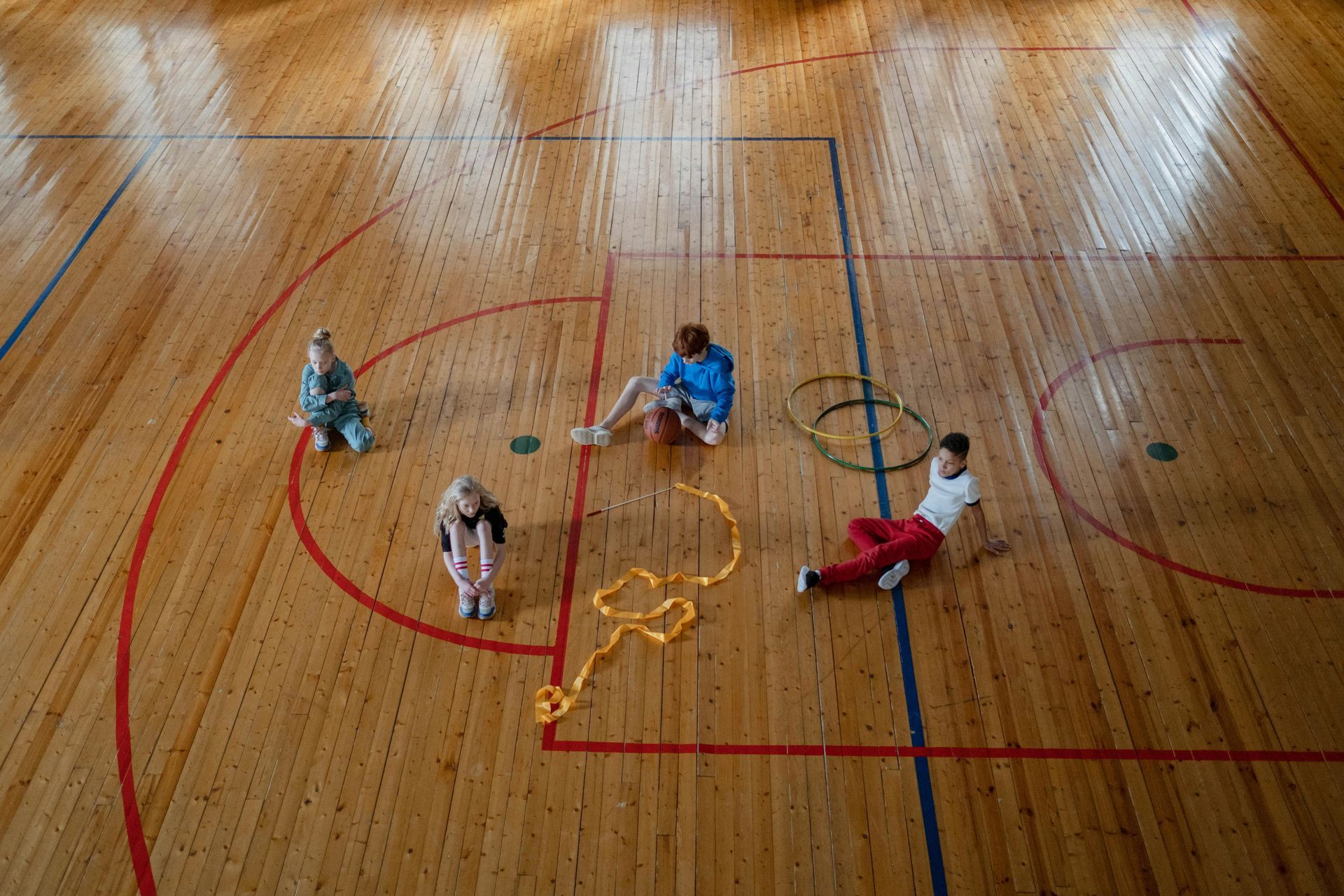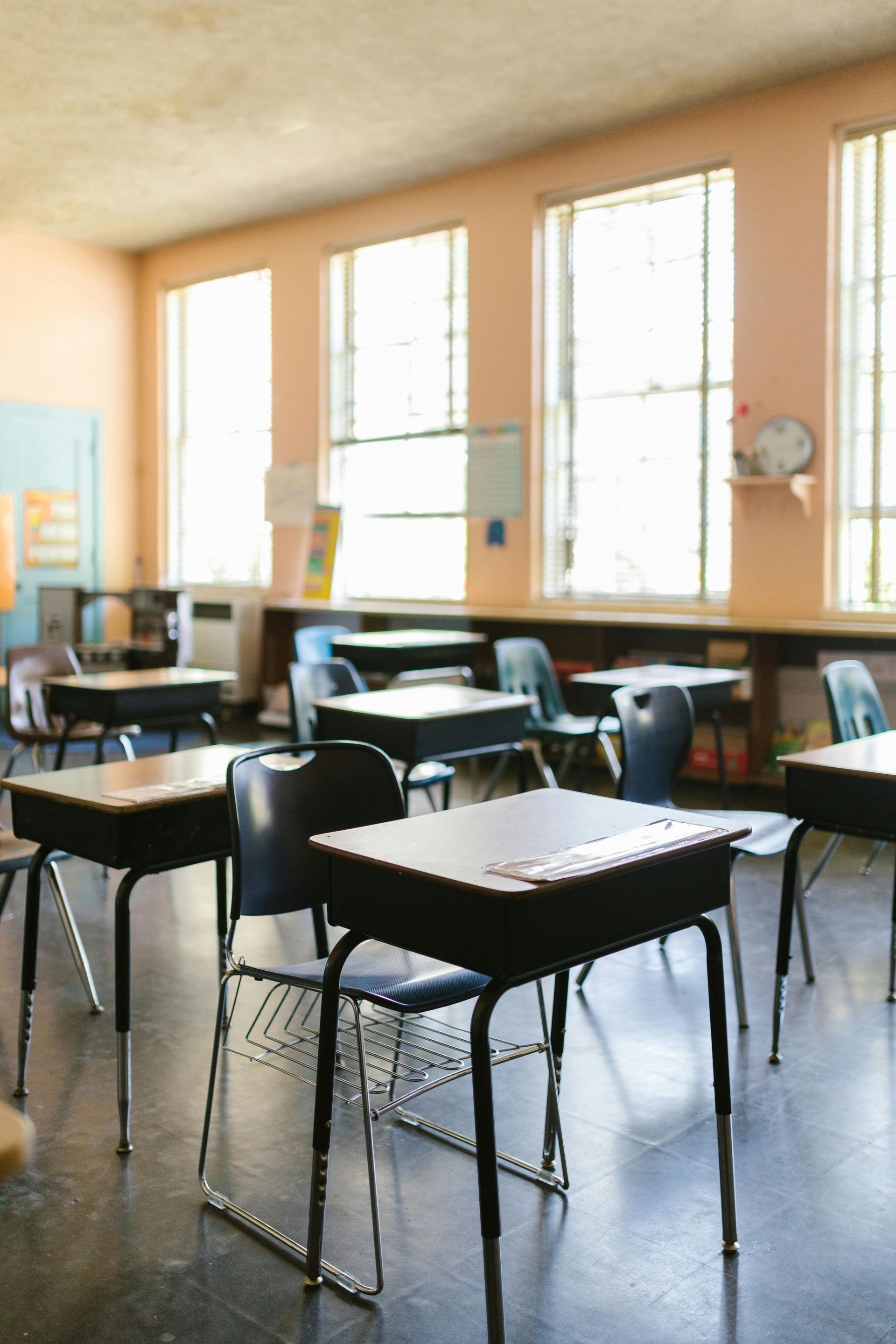How to Help Your Kids Set (and Keep) New Year's Resolutions
There’s something so exciting and invigorating about starting a new year. It is full of promise and the opportunity to grow. During this time, many adults make new year’s resolutions and goals to help set their year on the right path, so why can’t our kids set goals, too?

While our children’s goals may look a little different than ours, giving them the opportunity to make new year's resolutions, and strive to keep them throughout the year, is valuable for their growth and development. Kids love something to work towards, and this is a great time to set them up for success with realistic and attainable goals that can hopefully lead to healthy habits. Here are some things to keep in mind for helping your kids set new year’s resolutions.
Have your kids take ownership of their goals.
If a child feels that a goal set for them is more about their parents than themselves, they will have a hard time owning that goal. The goals should be ones they help set for themselves; they should be something personal, and something they feel passionate about and want to work towards for their own growth..
Set realistic goals that mirror your family's values.
Their goals should reflect your family’s values. Most families value healthy habits, so create goals that cater to that mindset: you can work towards eating more vegetables each week; your goal could be to take a walk together as a family each weekend; or your kids can make sure they always use their seatbelt or wear a helmet when riding their bikes. You all are more likely to stick to your goals if they’re aligned with your values.
Model goal setting and working towards your own goals.
Kids do better when they have an example to follow, so when you set your own goals and resolutions, and they see you work towards achieving them, it models and encourages them to follow in your footsteps. The amount of importance you place on goal setting is the same importance they will place on it, too.
Work together.
This is a team effort, so encourage each one another to persevere in your attempts to achieve your goals. Create a sticker chart they can use when they accomplish little goals; go out to celebrate big wins; make it fun to achieve all goals, yours and theirs.
SO, now that we have those things in mind, what are some examples of goals your kids can be aiming for?
Goal Ideas Based on Age
Preschool
- I will brush my teeth twice a day with my parents’ help
- I will try new foods, especially different colored vegetables
- I will take care of my books by being gentle with them and putting them back when I am done
Kids (5-12)
- I will find an activity or sport that I like and do it three times a week
- I will talk to my parents when I feel worried or stressed about something
- I will help take care of my home by putting my things away each day
Teens (13 and older)
- I will take care of my body by eating the appropriate amounts of food for my age and weight, including eating fruits and vegetables each day
- When faced with a difficult decision, I will talk about my choices with an adult I can trust
- I will be kind to my siblings and friends, showing them kindness and respect
-
This is just a starting point - the ideas are endless. Talk with your kids, and together you can grow and develop healthy goals and habits, and bond in the process. Happy New Year’s!











